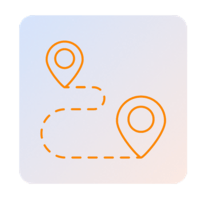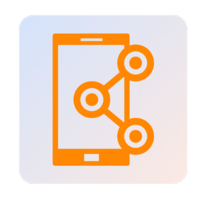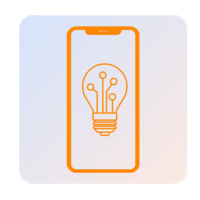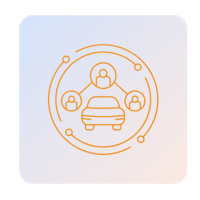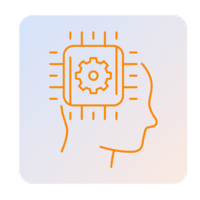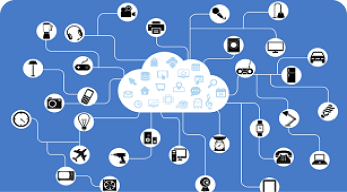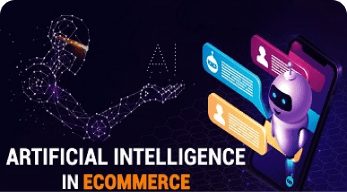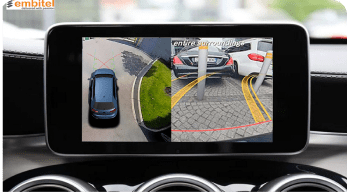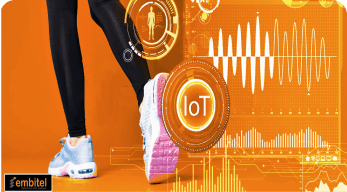Artificial Intelligence (AI), in at least one of its various forms, has had an impact on all major industries in the world today. AI has been growing rapidly in the past few years, as there have been several advancements in data collection, analysis and processing
The key contributors to these advancements are robust Internet of Things (IoT) connectivity and high-speed processors to fortify it.
At Embitel, we are constantly reimagining the boundaries of artificial intelligence and machine learning to help global businesses efficiently utilize their assets.
Various Streams of Artificial Intelligence
Artificial intelligence, as is commonly prevalent today, is also referred to as Narrow AI (ANI). This stream of AI pertains to technology outperforming humans in a narrow spectrum of cognitive abilities. Some examples of narrow AI are:
- Facial recognition tools
- Spam filters that segregate emails
- Chatbots for customer service on ecommerce webpages
- Self-driving cars
- Google search engine technology
- Product recommendation engines on ecommerce websites
Today, a large portion of business investments in artificial intelligence are for narrow AI.
Another stream of AI, referred to as Artificial General Intelligence (AGI), enables a machine to apply skills pertaining to multiple streams of cognitive abilities. This is a replica of human intelligence, as it includes independent learning and problem solving.
Machine Learning (ML) and Deep Learning are Subsets of Artificial Intelligence
Machine learning involves the usage of complex algorithms that automatically learn and refine the learning from a vast amount of data and data patterns. The performance of these systems plateau after an extended period of training.
Deep learning, on the other hand, is a subset of machine learning. Large neural networks (complex algorithms with brain-like functions) are constructed and trained with a huge amount of data continuously. The performance of these networks improves as the training increases. This results in the development of machines that can predict outcomes through deductive reasoning and logic.
Our AI and ML Services for IoT Applications
We assist customers in identifying AI opportunities for improved efficiency of operations. Our decade long expertise in AI and ML software development can be leveraged to build intelligent systems that effectively automate tedious or repetitive tasks.
Data collected by IoT sensors can be in the form of text, videos or images. Data mining activities include the consolidation of raw data, cleansing, analysis and segmentation. Only the data in a suitable format is used for further processing.
Our team of ML experts support customers in developing self-learning algorithms that accurately process large sets of data and deliver insights. We perform feature engineering, model training and model validation activities to ensure maximum accuracy of predictions.
We assist you in developing AI-powered mobile, web and desktop applications that can monitor assets over time and predict possible failures before they even occur. Such predictive analytics systems are widely used in industrial and enterprise operations. We also help you develop ML-powered wearable devices that can track human movements or vital signs and derive valuable insights.
Our data science team provides support for enhancing or optimizing existing ML-based solutions. This includes the addition of new features, analysis of fresh data resources, improvement in AI predictions, and enhancement of accuracy to cover new business requirements.
Handbook: IoT Solutions Powered by Artificial Intelligence and Machine Learning
Download PDF
Steps to Develop Machine Learning IoT Applications
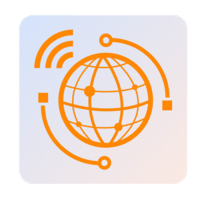
IoT Sensors for Data Collection
- Hardware and software development of IoT sensors with FOTA updates
- Data storage and handling in the event of gateway connectivity issues
- Power management and optimisation of network design / data transfer

Data Mining, Filtering and Feature Extraction
- Analysing the problem definition and researching on the data to be collected
- Examining the data collected by sensors to discover patterns and trends
- Data preprocessing to convert raw data into efficient data for training and validating the ML model
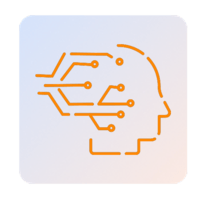
Evaluation and Identification of the ML Model
- AIdentifying a suitable Machine Learning Model (neural networks, decision trees, regression models, classification models, etc.) based on the problem-statement and parameters
- Analysing hardware requirements for the application that hosts the ML algorithm
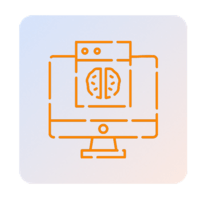
Training the ML Model
- Segregation of filtered data into ‘training data’ and ‘validation data’
- Analysing hardware requirements for the application that hosts the ML algorithm
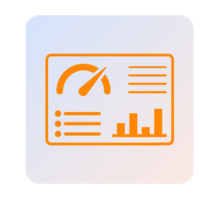
- Training the ML model through exposure to a large amount of real-time and historical data so that it makes predictions with a high degree of accuracy
- Implementing ML model performance tuning and interference to optimise it and validate it in the real world
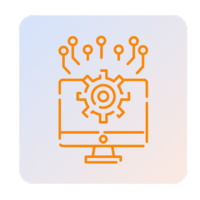
- Design and development of IoT cloud-based applications, other web and desktop applications, mobile apps, HMI/UI for applications
- Specialisation in predictive and recommendation systems, object detection algorithm, driver monitoring system, wearable devices







